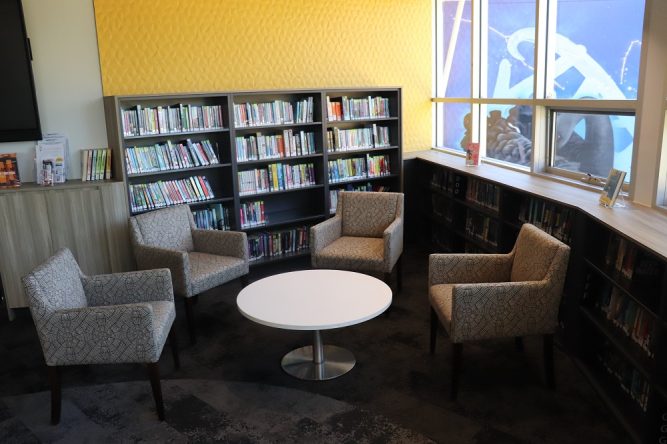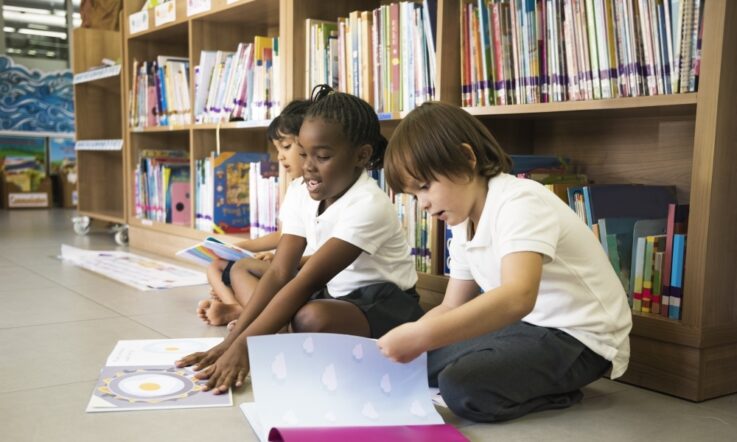The world’s largest study on shared book reading has highlighted the importance of children having books in the home. The Australian research – a partnership between Macquarie University, United Way Australia, and the Dollywood Foundation – studied 87,000 children and families on the Dollywood Foundation’s Imagination Library program, a book gifting program that mails free books to children from birth to age 5.
The report aimed to understand how access to reading materials, as well as shared reading (when one person reads a book to another) impacts a child’s language development, literacy skills and more.
Claire Gaela, Macquarie University PhD candidate and the report’s lead author says access to physical books in the home is a fundamental step in helping address the current literary crisis.
‘Our data provides compelling evidence that access to books from an early age can significantly enhance a child’s understanding of early language and literacy practices in the home,’ she says.
About the study
The peer-reviewed research involved 2 parallel studies: one exploring the impacts of regular reading on 343 families from Tamworth, New South Wales, and another surveying over 86,000 families from around the world.
Both studies involved families taking part in The Dollywood Foundation’s Imagination Library program. The Dollywood Foundation was created in 1988 by country music star Dolly Parton, to inspire the children in her home county to achieve educational success. The Imagination Library program was launched in 1995 and now provides reading resources to children in the US, UK, Canada, Republic of Ireland and Australia.
What are the findings?
According to the report’s findings, both studies found bringing books into homes as early as possible has a significant impact on children’s positive shared book reading habits, emerging language, and literacy skills, as well as family engagement.
Additionally, the report states that children on the Imagination Library program (who were supplied with free reading materials) were more likely to be read to more often, to be interested in books or reading, and demonstrate emerging literacy skills compared to children not on the program – highlighting the importance of access to reading materials in building positive reading habits and developing literacy skills.
Likewise, the Tamworth study found that the participating children had more books in the home than the average Australian child and were being read to more often and for longer durations. This frequent shared reading was then associated with important emerging literacy skills including concepts about print, knowledge of letter names and receptive and expressive vocabulary.
‘As the nation grapples with concerns around the recent NAPLAN results that speak to a harsh reality about our approach to early literacy, this research provides a promising solution’ Gaela says.
‘The findings highlight the significant impact access to reading materials … has on children’s love of books, emerging literacy skills and family life.’
Read the full report, The Impact of Shared Book Reading on Children and Families: A Study of Dolly Parton’s Imagination Library in Tamworth, Australia, here.
References
Galea, C., Robidoux, S., Salins, A., Noble, C., & McArthur, G. (2024). The Impact of Shared Book Reading on Children and Families: A Study of Dolly Parton’s Imagination Library in Tamworth, Australia. Journal of Research in Childhood Education, 1–30. https://doi.org/10.1080/02568543.2024.232273
The findings from this study stress the importance of shared reading. As a primary teacher, how often do you and your class engage in shared reading time?
Having books in the home is crucial for a child’s emerging language skills. Does your school offer support to ensure every child has access to books at home?
How do you encourage children and families to read together at home?



